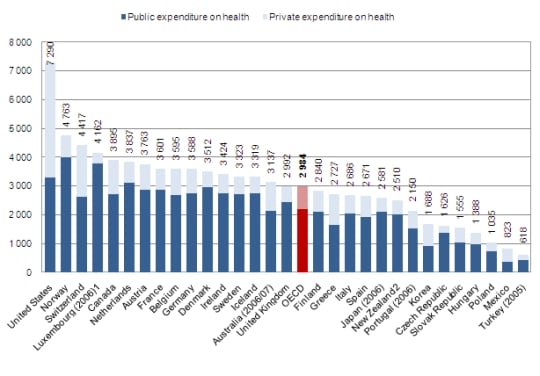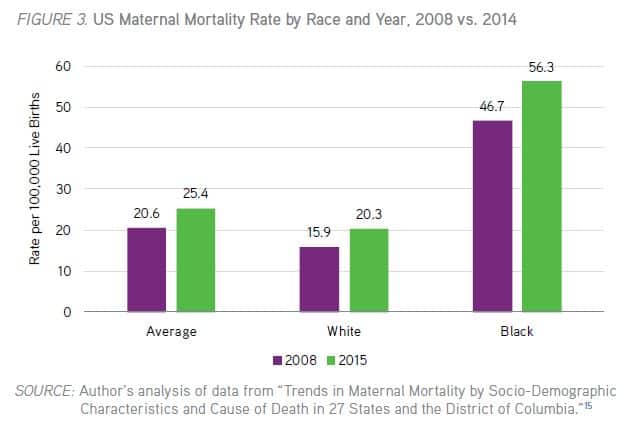Synobun
Deity
- Joined
- Nov 19, 2006
- Messages
- 24,583
As Warpus said, we still have private coverage. The rich can also get healthcare across the border or overseas very easily.Life and healthcare in America are good if you're well-off. If not, you're going to have a pretty rough time.
Sounds like Canada is much better for most people but not as good if you're making quite a lot.
For example, getting biopsies done for rare conditions is incredibly difficult in Canada. We only have two test centres in the entire country, and samples have to be frozen to be sent for testing. Because capacity and capability is so limited, there are extremely strict requirements for getting approval for the biopsy.
In those cases, you can head on down to a place like Seattle and just pay 50k out of pocket for the biopsy and test. Done.
But good luck dishing out 50k if you're poor or middle class.


